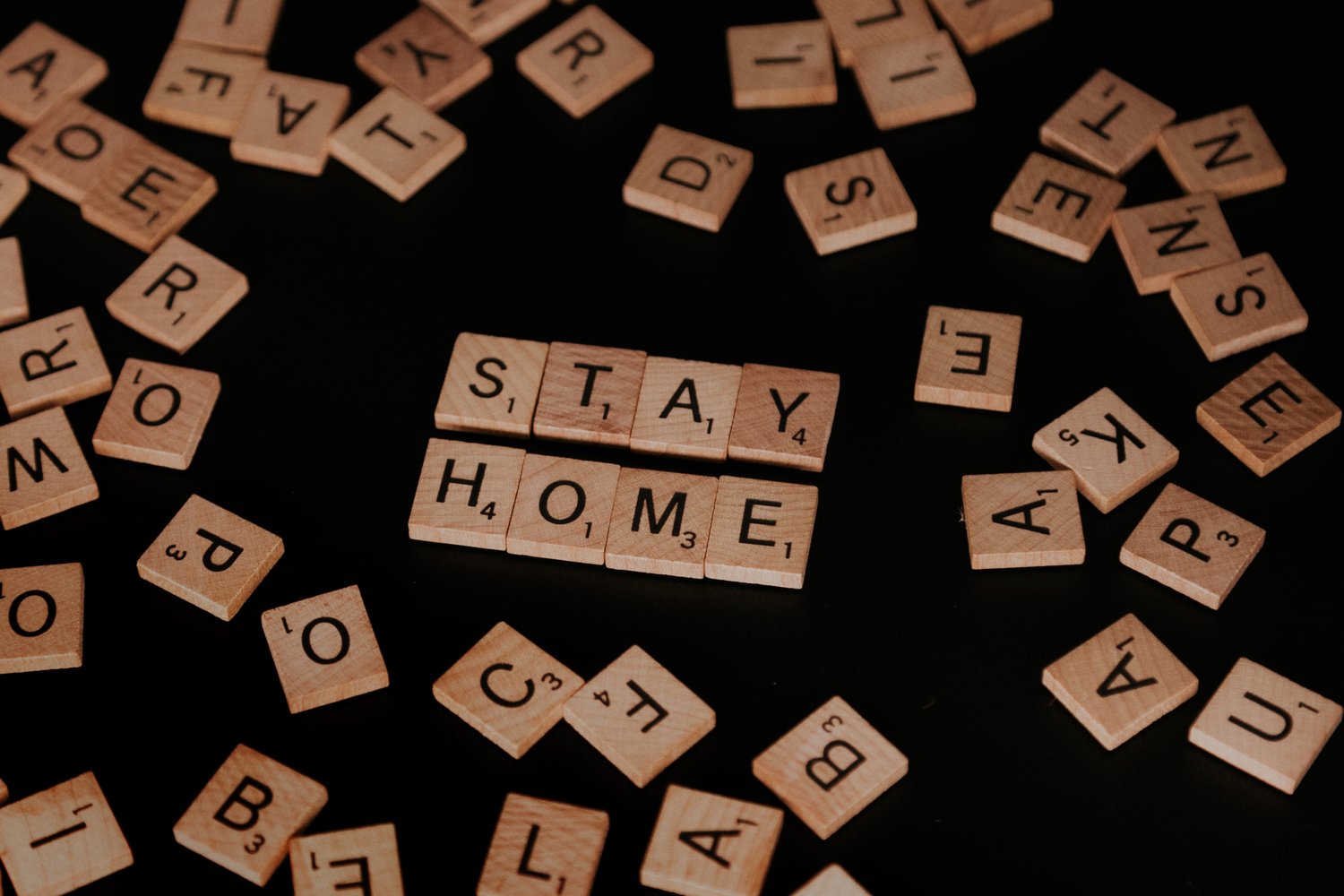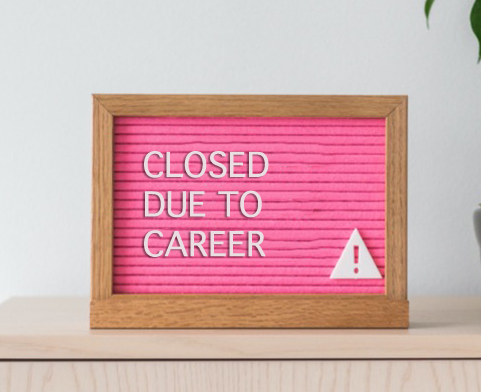
The Orgasm Gap: It’s time to rethink intercourse
The latest Adulttoymegastore survey has shown an orgasm gap between partners across New Zealand, while over 80 percent of Kiwi men say they orgasm most times they have sex, only 50 percent of Kiwi women can say the same.
The survey showed 83 percent of New Zealand men orgasm most of the time or every time they have sex, while only 50 percent of women responded the same.
It’s no new thing that women are less likely to climax during intercourse, intercourse has always been dictated by the males climax, where as the females is often just seen as a ‘bonus’. This stems from old views that intercourse is done for the sole reason of procreation, meaning the female climax is unnecessary. However, as we’ve evolved and started having sex for pleasure, these old ideals haven’t caught up, and women are still waiting for when sex revolves around her climax, rather than her partners.
Astonishingly, 26 percent of Kiwi women say they don’t orgasm very often. If you look at New Zealand as having 2.5 million women, minus 500,500 for the estimated amount of female minors under 18, and that’s an estimated 390,000 women across the country having sex purely to benefit their partner rather than themselves. (This number of course is lower due to women who are in a same sex relationship, women orgasm 86 percent of the time during sex with other women)
Generation data has also shown Gen X are the most fair when it comes to shared orgasms, with 72 percent saying the finish most or every time they have sex. The least likely generation to orgasm is the Slient Generation, with 53 percent and then shockingly the progressive Gen Z at 55 percent.
So what can we do about it?
The figures are not great, yet unfortunately when it comes to the orgasm gap we only have ourselves to blame.
Lack of communication between couples, pressure from society to be seen as low maintenance or easy to please and a general lack of understanding of our own anatomy has a lot of vagina owners starting their sexual journey on the back foot.
We need to rethink sexual intercourse, and realise it’s not finished when the man is, but when both parties are equally satisfied.
Having an orgasm is only one metric by which we measure pleasure. Not orgasming, or having difficulty orgasming is nothing to be ashamed of. Although orgasms are not a requirement for enjoyable sex, there’s no question that your desire should be prioritised by your partner during sex.
Foreplay is a massive factor when it comes to mutual climaxing, without foreplay women who can’t orgasm for penetration alone (66 percent of them) will often fail to do so. This can also lead to faked finishes, which can lead to increased pressure next time and the start of a very bad and hard habit to break.
Our advice? Talk to your partner, no matter the relationship communication is key in every aspect and even more so when it comes to the bedroom.
Our genitalia does not come with a map, so don’t expect your partner to know their way there off by heart.
Related Posts
Zults: Revolutionising Sexual Health Conversations in the UK
A new technology, Zults, has launched in the market and is designed to transform the way we share and discuss STI results. Developed in collaboration with Sexual Health London (SHL), Zults offers a platform that enables users to manage and share thei
New study shows one in four have developed mental health issues since Covid
Around one in four adults have developed mental health issues following Covid
Dealing with Depression and Anxiety at Home
Explore natural remedies and changes which can be tried at home
Dicked Down: Why men get tired after sex
The medical reason why nutting out ends in passing out
The medical reason behind ‘Post Nut Clarity’
Why do orgasms create clarity, focus, and better decision making?
You Better Work: Contraceptive use shows younger generations are more career focused
How Gen Z is more into careers rather than being carers







